Na této adrese není žádný obsah. Pravděpodobně je adresa chybná. Pokusili jsme se najít stránky, které by mohly být podobné. Vyberte si z nich. Nevyberete-li si, pokračujte na hlavní stránku, prosím.
 Ospalá slovanská díra
280 Kč
od Kosmas.cz
Ospalá slovanská díra
280 Kč
od Kosmas.cz
 Slovanská siréna Daria Galant e-kniha
100 Kč
od Knihydobrovsky.cz
Slovanská siréna Daria Galant e-kniha
100 Kč
Slovanská siréna Daria Galant e-kniha
100 Kč
od Knihydobrovsky.cz
Slovanská siréna Daria Galant e-kniha
100 Kč
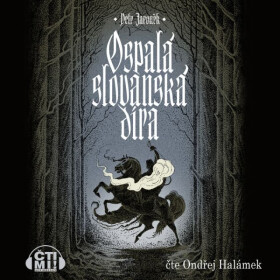 Ospalá slovanská díra - Petr Jaroněk - audiokniha
280 Kč
od Knihydobrovsky.cz
Ospalá slovanská díra - Petr Jaroněk - audiokniha
280 Kč
od Knihydobrovsky.cz
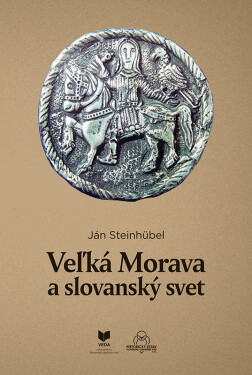 Veľká Morava a slovanský svet
622 Kč
od Knihcentrum.cz
Veľká Morava a slovanský svet
622 Kč
od Knihcentrum.cz
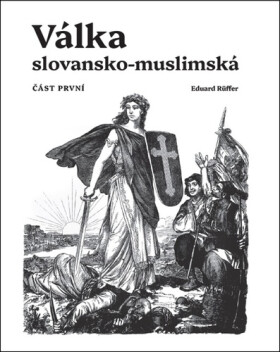 Válka slovansko-muslimská
146 Kč
od 4 obchodů
Válka slovansko-muslimská
146 Kč
od 4 obchodů
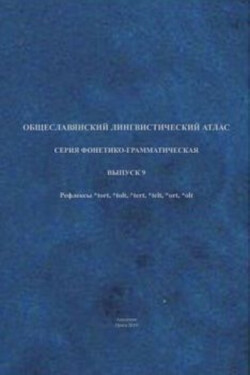 Slovanský jazykový atlas
685 Kč
od 4 obchodů
Slovanský jazykový atlas
685 Kč
od 4 obchodů
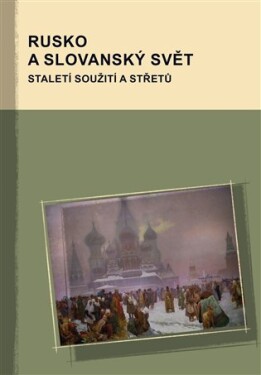 Rusko slovanský svět
211 Kč
od 4 obchodů
Rusko slovanský svět
211 Kč
od 4 obchodů
 Slovanská siréna Daria Galant (e-kniha)
80 Kč
od Kosmas.cz
Slovanská siréna Daria Galant (e-kniha)
80 Kč
od Kosmas.cz
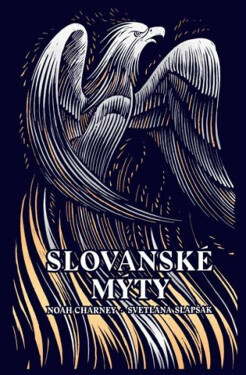 Slovanské mýty - Noah Charney, Svetlana Slapšak
447 Kč
od Knihydobrovsky.cz
Slovanské mýty - Noah Charney, Svetlana Slapšak
447 Kč
od Knihydobrovsky.cz
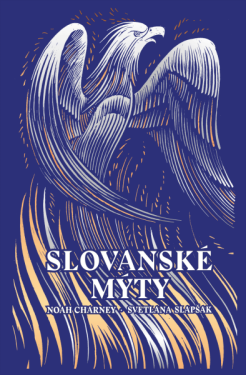 Slovanské mýty - Noah Charney
376 Kč
od Dobre-knihy.cz
Slovanské mýty - Noah Charney
376 Kč
od Dobre-knihy.cz
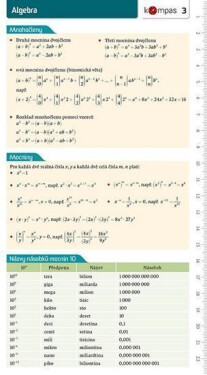 Matematika s přehledem 3 - Algebra
10 Kč
od Dobre-knihy.cz
Matematika s přehledem 3 - Algebra
10 Kč
od Dobre-knihy.cz
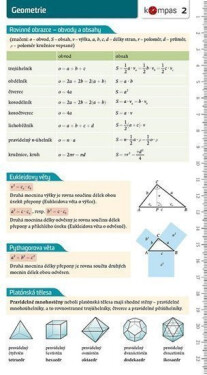 Matematika s přehledem 2 - Geometrie
10 Kč
od Dobre-knihy.cz
Matematika s přehledem 2 - Geometrie
10 Kč
od Dobre-knihy.cz
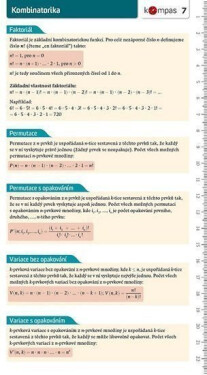 Matematika s přehledem 7 - Kombinatorika
10 Kč
od Dobre-knihy.cz
Matematika s přehledem 7 - Kombinatorika
10 Kč
od Dobre-knihy.cz
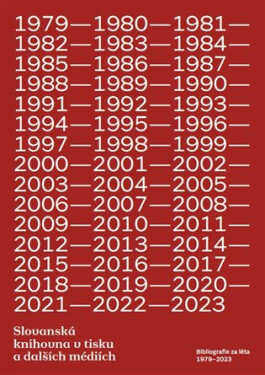 Slovanská knihovna tisku dalších médiích
227 Kč
od 3 obchodů
Slovanská knihovna tisku dalších médiích
227 Kč
od 3 obchodů
 Přehledová tabulka Přehled panovníků českých zemí
32 Kč
od Knihcentrum.cz
Přehledová tabulka Přehled panovníků českých zemí
32 Kč
od Knihcentrum.cz
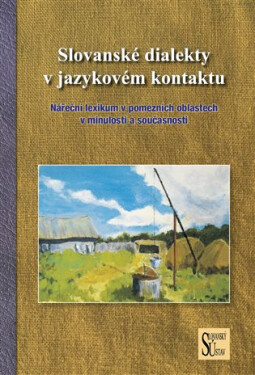 Slovanské dialekty jazykovém kontaktu
309 Kč
od 3 obchodů
Slovanské dialekty jazykovém kontaktu
309 Kč
od 3 obchodů
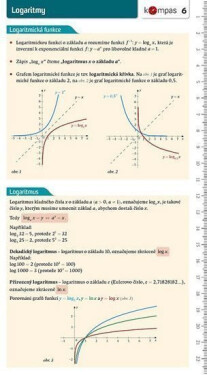 Matematika s přehledem 6 - Logaritmy
10 Kč
od Dobre-knihy.cz
Matematika s přehledem 6 - Logaritmy
10 Kč
od Dobre-knihy.cz
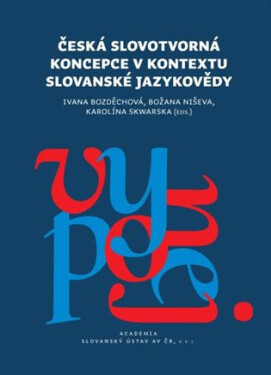 Česká koncepce kontextu slovanské jazykovědy
475 Kč
od 3 obchodů
Česká koncepce kontextu slovanské jazykovědy
475 Kč
od 3 obchodů
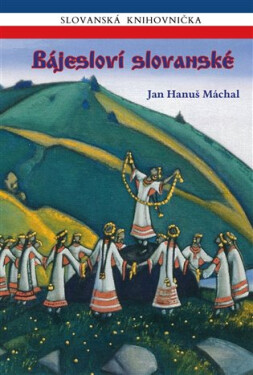 Bájesloví slovanské
154 Kč
od 3 obchodů
Bájesloví slovanské
154 Kč
od 3 obchodů
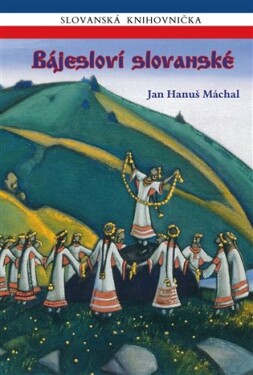 Bájesloví slovanské
177 Kč
od Kosmas.cz
Bájesloví slovanské
177 Kč
od Kosmas.cz
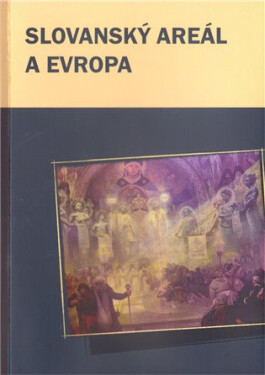 Slovanský areál a Evropa - Václav Čermák
249 Kč
od Dobre-knihy.cz
Slovanský areál a Evropa - Václav Čermák
249 Kč
od Dobre-knihy.cz
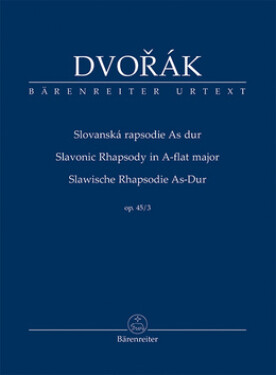 Slovanská rapsodie As dur op. 45/3
344 Kč
od Dobre-knihy.cz
Slovanská rapsodie As dur op. 45/3
344 Kč
od Dobre-knihy.cz
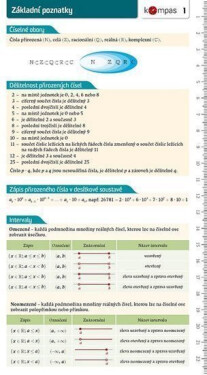 Matematika s přehledem 1 – Základní poznatky - Doplňky
10 Kč
od Dobre-knihy.cz
Matematika s přehledem 1 – Základní poznatky - Doplňky
10 Kč
od Dobre-knihy.cz